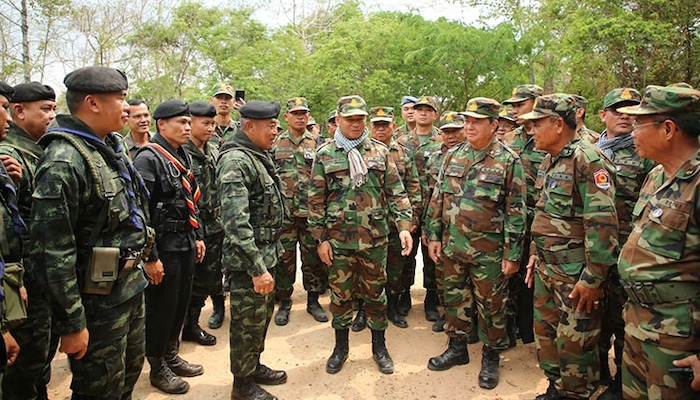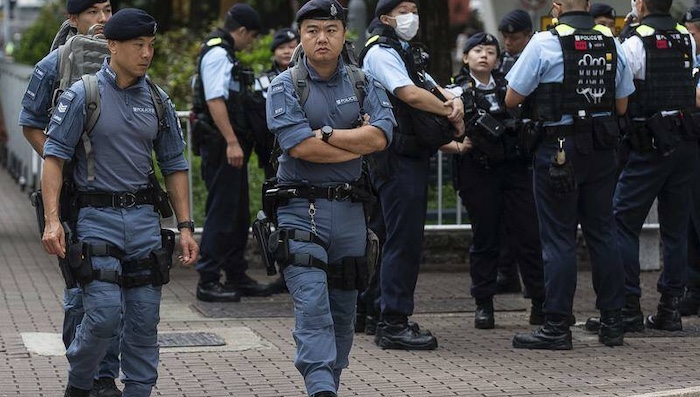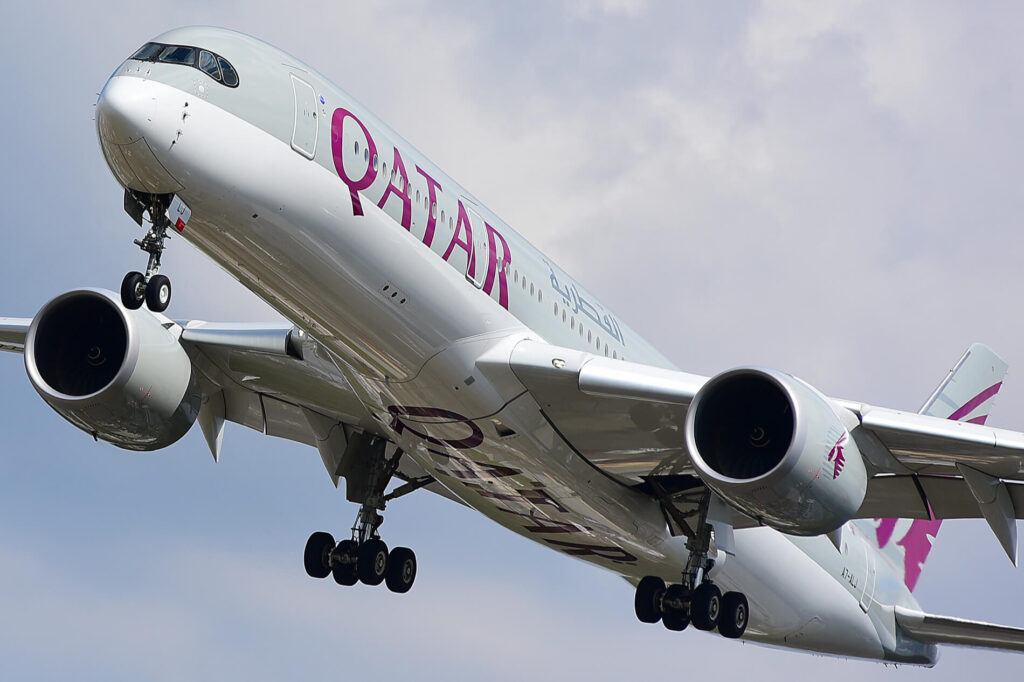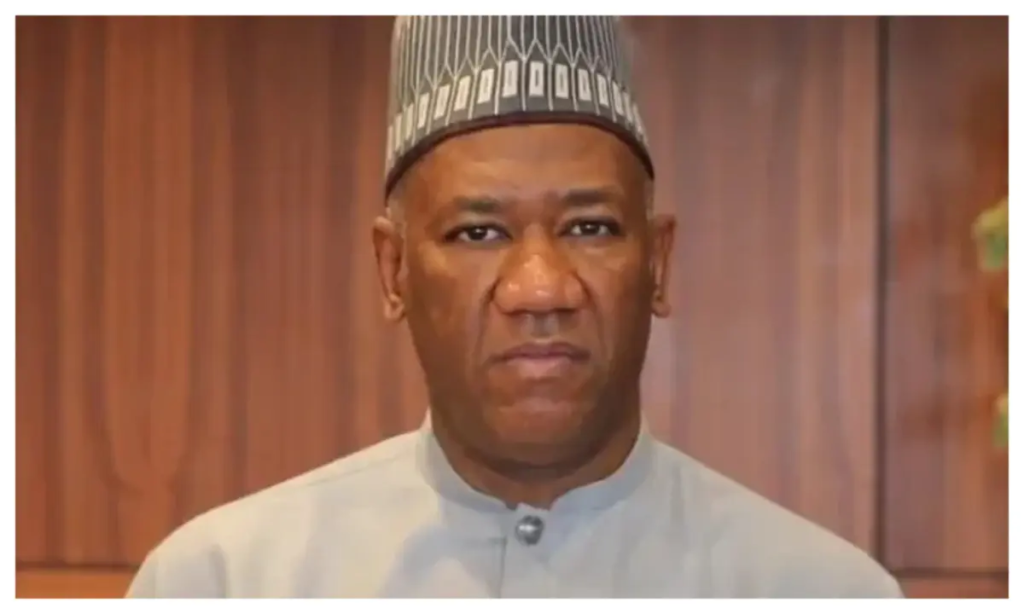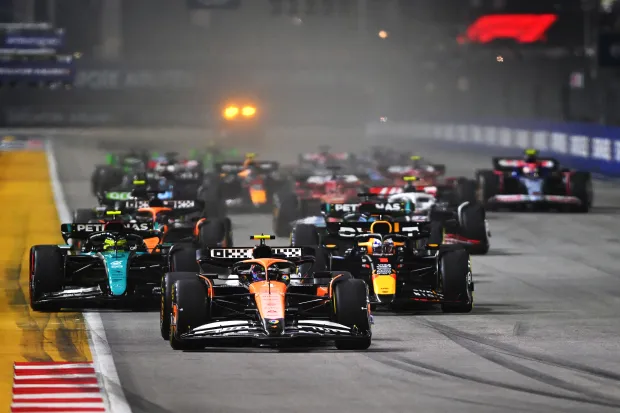This morning’s exchange of strikes between Israel and Hezbollah marks a significant escalation in the ongoing conflict. The Israeli military reported that around 100 fighter jets carried out pre-emptive strikes on Hezbollah targets across southern Lebanon early Sunday morning. Shortly after, Hezbollah retaliated by firing rockets and missiles into northern Israel.
If accurate, the 100-jet figure would make this the largest Israeli assault on Lebanon since the 2006 war between Israel and Hezbollah. Israel stated that the strikes began at around 04:30 local time (01:30 GMT), targeting Hezbollah forces that were reportedly preparing for a large-scale attack set for 05:00 local time. The New York Times, citing an anonymous Israeli intelligence official, reported that Hezbollah’s planned attack included rocket strikes on Tel Aviv, Israel’s largest city.
Hezbollah later claimed to have fired over 300 rockets and missiles targeting military facilities in northern Israel, where air raid sirens have been sounding. This escalation raises fears across the region that the situation could spiral into all-out war.
Hezbollah’s statement indicated that this was the first phase of its response to the Israeli assassination of senior commander Fouad Shukr in Beirut on July 30. Additionally, Israel is widely believed to have been behind the assassination of Hamas political leader Ismail Haniyeh in Tehran the following day, leaving the region braced for further retaliation from Hezbollah and Iran.
Diplomatic efforts have been underway for weeks to prevent the crisis in Gaza from triggering a broader regional conflict. The United States has warned that the failure to reach a ceasefire and hostage release deal between Israel and Hamas could doom these efforts. However, despite intense U.S. pressure, no agreement has been reached after more than 10 months of war.
Israel has stated that it is prepared to fight on two fronts: in Gaza and on its northern border with Lebanon. However, Hezbollah is considered a more formidable opponent than Hamas, with an estimated 150,000 rockets, some capable of reaching deep into Israel, and well-trained fighters, some of whom gained experience in the Syrian conflict.
As the conflict in Gaza nears its one-year mark, there are questions about Israel’s capacity or desire to engage in another war. Hundreds of thousands of Israeli army reservists have been deployed to Gaza, with many serving multiple tours. Nonetheless, many Israelis, particularly those from the north who have been evacuated due to the conflict, believe that Hezbollah must be confronted. Similarly, tens of thousands of people in southern Lebanon have fled their homes, fearing Israeli strikes.
While both Israeli and Hezbollah leaders claim they do not seek another full-scale war, both sides insist they are prepared for it.




